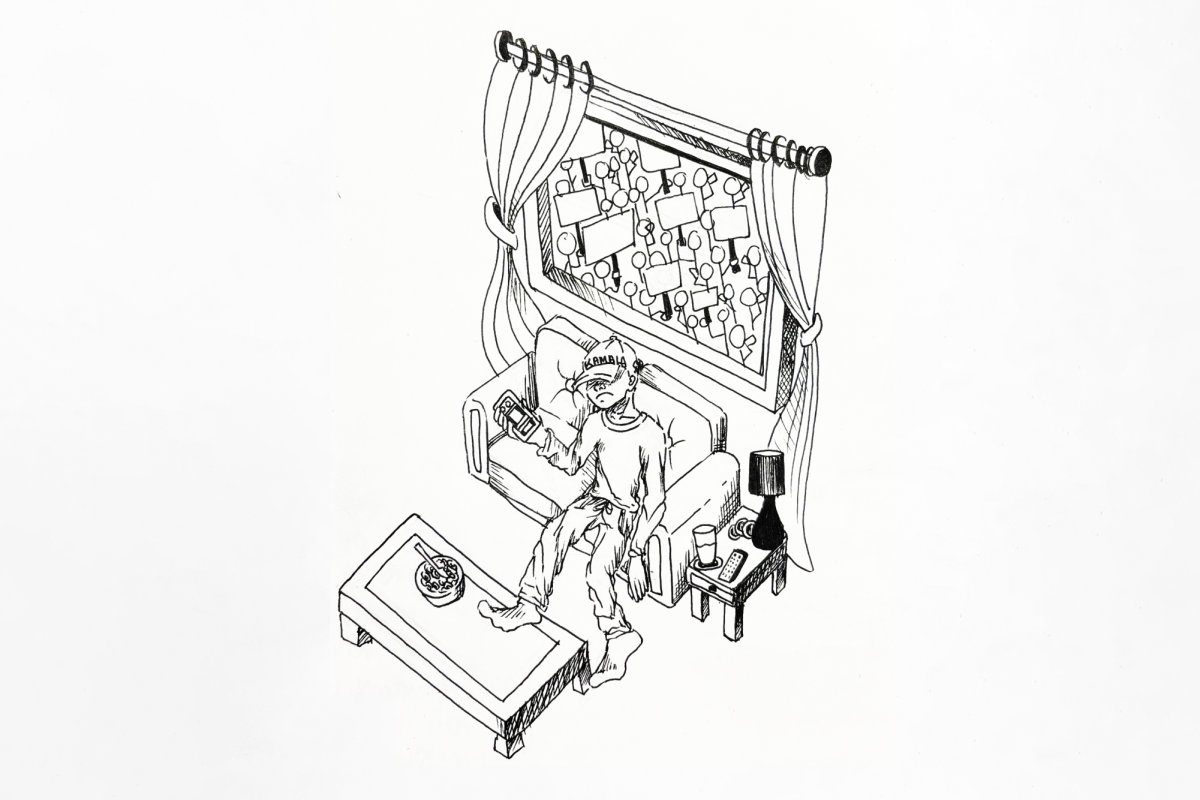The University said earlier this month that GW is not considering implementing institutional neutrality and that if officials were to do so, they would take into consideration the thoughts of faculty, staff and students. The announcement follows a rise of universities across the country, like Stanford and Purdue universities and the University of Chicago adopting the policy, which mandates that colleges refrain from taking public stances on political or social issues to foster more open discussion on campus.
Avoiding an institutional stance for the betterment of dialogue on campus may seem appealing. It, ideally, implies that a university won’t play sides when navigating free expression among their faculty, staff or students, so long as it doesn’t violate any University rules or policies. But adopting institutional neutrality also enables or endorses a university’s silence on issues that are significant to its community and campus.
We therefore commend GW’s decision to, for now, avoid shutting themselves out of such conversation. The president of the University of Chicago called off conversations and negotiations with student protesters about divestment from Israeli companies because doing so would violate the university’s institutional neutrality policy, leading him to shut down the protest altogether because the demands of the protesters would never be met. Regardless of a university’s action or inaction on such student demands, it’s clear that supposed neutrality policies can rationalize unfinished conversations with students about their desires or questions about the institution they attend. Instead of taking the tough but transparent way out — clarifying to community members why and when a university chooses to respond or stay quiet on certain subjects — institutional neutrality would allow universities to back out completely from the arena of campus discourse in a manner that doesn’t reflect their inherent positions of power on campuses.
Especially now, universities should be encouraged to speak out about issues that affect their campus. The decision of when to speak is admittedly not an easy one, but we believe that our leaders should be inherently best equipped to embrace these conversations in a thoughtful and open way. In the past, when consequential events related to higher education unfolded — like the Supreme Court ending affirmative action — former Interim University President Mark Wrighton and University President Ellen Granberg sent out a joint email stating they were “deeply disappointed” and promising that they would try and retain a “diverse student body.” At this present moment, the incoming presidential administration promises to make sweeping changes to education nationwide that could have devastating trickle-down effects on our campus, like the disbandment of the Department of Education affecting students’ financial aid, eliminating diversity and inclusion offices or the withholding of federal funds from schools with vaccine or mask mandates. It’s unclear what the limits of institutional neutrality would be if ever implemented at GW, but staying quiet and under the guise of the policy amid such threats to the status quo at higher education institutions would make struggling community members feel alone and less acknowledged.
But since GW has committed to not implementing institutional neutrality, we ask them to lean in and dig deep on what they do want to say and when to say it. Last year’s editorial board mentioned the inconsistency in GW’s communication with students about last spring’s protests, noting their abrupt switch from “rapid condemnation” to “radio silence.” Now that we know the University does believe that they should retain their institutional voice, they should use it. It’s likely impossible to speak to every student on campus or put out a community message that will satiate everyone’s concerns or opinions, but transparency goes a long way in our community. Taking questions from community members in public and digital forums about the most pressing questions on campus — the rationale behind GW’s divestment policy, potential threats to education posed by the incoming president, diversity — in a fashion akin to past University presidents would make a sometimes-faceless institution more visible and trustworthy. We don’t think the University should take a stance on every political and social issue that arises, but holding spaces to answer questions about how top University officials grapple with such subjects could be effective in showing that our leaders never pull the wool over their eyes on challenging subjects.
Whether or not the University starts hosting public forums about thorny topics, we feel that choosing not to adopt institutional neutrality provides a compelling opportunity for officials to clear up questions about how and when they choose to make statements. GW has said that if officials were to implement the policy, they would consult with students, faculty and staff. We applaud this vow — but we question how and when leaders have consulted students, faculty and staff about the messages they have sent out in the past, and if they will continue to do so in the future. Garnering such input should run parallel to all efforts to communicate as an institution.
GW not adopting institutional neutrality shows that the University doesn’t want to be limited in the support and conversations they can have or catalyze within their community. We hope officials also view this decision as a chance to strengthen how they speak to their community.
The editorial board consists of Hatchet staff members and operates separately from the newsroom. This week’s staff editorial was written by Opinions Editor Andrea Mendoza-Melchor, based on discussions with Research Assistant Carly Cavanaugh and Culture Editor Nick Perkins.


